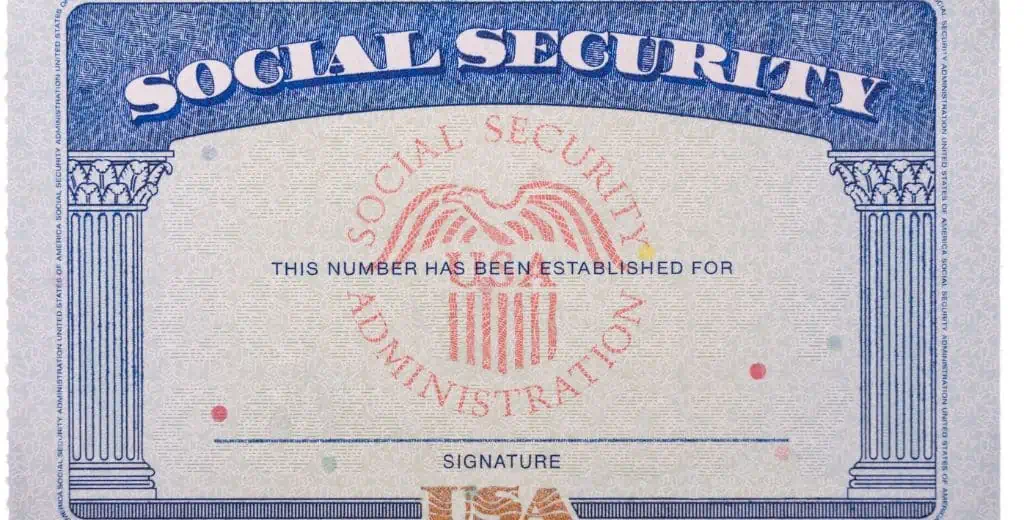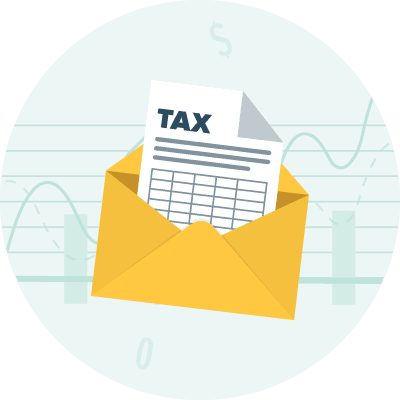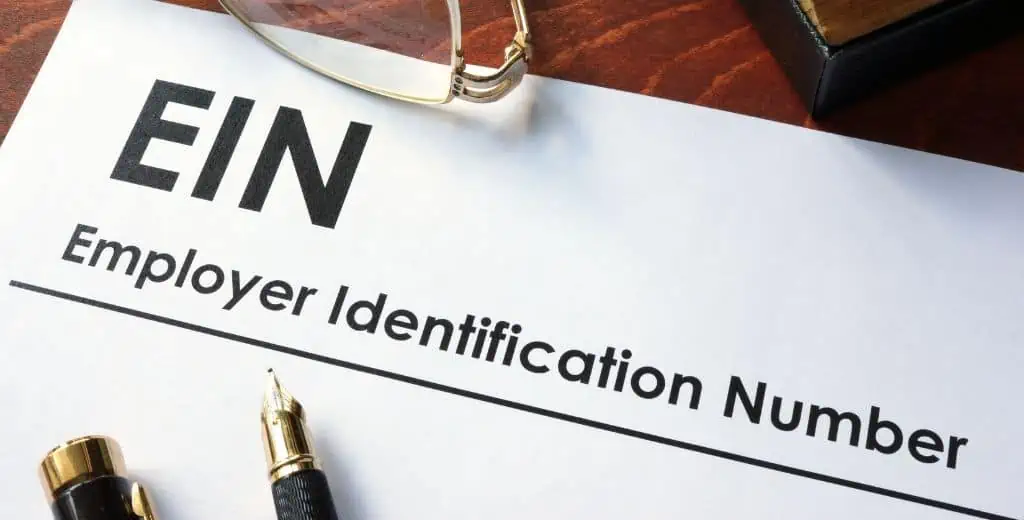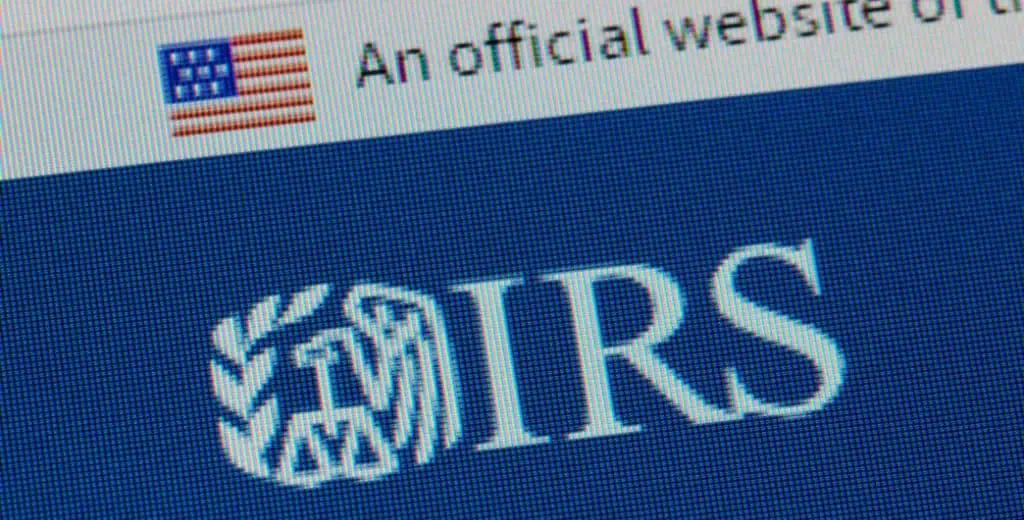What Is an Employer Identification Number (EIN)?
Shortcuts
- An Employer Identification Number (EIN) is a unique nine-digit number that the IRS assigns to business entities in the United States for tax purposes.
- Once assigned, an EIN will never expire and persist even after closure or bankruptcy.
- Entities that need an EIN include LLCs, corporations, partnerships, and sole proprietorships that employ others.
- Government agencies, nonprofits, and trusts and estates also need an EIN.
- Foreign entities or individuals that operate a business in the U.S. may also need an EIN.
Understanding an EIN
The Internal Revenue Service (IRS) issues business entities in the United States with a unique Employer Identification Number (EIN), which consists of a nine-digit number. This number, also known as a Federal Employer Identification Number (FEIN) or Federal Tax Identification Number (FTIN), identifies a business entity for tax reporting and compliance purposes.
The EIN is specific to the business entity to which it was assigned and never expires. It is also not reissued to another business entity, even after closure or bankruptcy.
Business entities can apply for an EIN online, by phone, fax, or mail after the formal creation of the business but before commencing day-to-day operations. The application process typically involves providing information such as the type of business entity, reasons for applying, start or acquisition date, principal industry, and details about the responsible party.
EINs are essential for various purposes, including federal tax reporting, opening a business bank account, setting up payroll, filing tax election forms, applying for business loans, and complying with IRS withholding requirements. An EIN may also be required for some contracts or business licenses.
Who Needs an EIN?
Most businesses need an EIN, including:
- Sole Proprietorships: A sole proprietorship needs an EIN if it employs others, operates as a corporation or partnership, or files taxes on excise, tobacco, alcohol, firearms, or employment. However, it may still choose to obtain an EIN for specific purposes like administering a trust.
- Partnerships: All partnerships need an EIN, as they are considered a separate tax entity from their owners.
- Limited Liability Companies (LLCs): If the LLC is taxed as a partnership or corporation, or if it has employees, it needs an EIN.
- Corporations: All corporations need an EIN.
- Government Agencies: Government agencies need an EIN.
- Nonprofit organizations: Nonprofits need an EIN, but it doesn’t automatically grant tax-exempt status.
- Trusts and estates: Trusts and estates are required to obtain an EIN for tax purposes.
RELATED: How to Start Your LLC (It’s Easier Than You Think!)
EINs for Non-U.S. Companies
An EIN is primarily for businesses operating in the United States. However, there are some exceptions where foreign entities may need an EIN.
For instance, if a foreign entity has a branch in the United States and needs to file U.S. taxes, it may require an EIN. Additionally, a foreign trust with a U.S. trustee or beneficiary may need an EIN.
Finally, a foreign person who is a sole proprietor or individual owner of a business in the U.S. may need an EIN for tax reporting purposes.
In any case, the foreign entity or individual would need to apply for an EIN, but they would not be considered U.S. companies. The EIN is used for tax reporting and compliance purposes; it’s not a measure of the company’s nationality or citizenship.
How to Apply for an EIN
You can apply for an EIN online, by mail, or by fax, usually issued immediately.
Here’s a step-by-step guide on how to apply for an EIN:
Generally, when applying for an EIN, keep the following information on hand, as the IRS will ask for it:
- Legal name of the applicant.
- Trade name (if applicable).
- Mailing and street addresses.
- Country and/or state where the business is located.
- Social Security Number (SSN) or EIN of the responsible party.
- Type of business entity.
- Number of members (if an LLC).
- Country and/or state where the incorporation occurred (if a corporation).
- Date the business was started or acquired.
- Maximum number of employees in the next 12 months.
- Primary business activities.
A business must meet certain eligibility requirements to obtain an EIN. These requirements include:
- Business Location: The business must be located in the United States or its territories.
- Responsible Party: The person responsible for the business, regardless of their title within the company, must be an individual and not an entity.
- Valid SSN or ITIN: The responsible party must have a valid SSN or Individual Taxpayer Identification Number (ITIN).
Note that obtaining an EIN directly from the IRS is free if you do it yourself online. You can use an LLC service company to apply for an EIN on your behalf, but it may involve additional costs as part of their service package.
EIN Expiration and Cancellation
EINs do not expire and are never reissued to another business. However, a business may choose to cancel or change its current EIN for specific reasons, such as purchasing or becoming a subsidiary of another business, changing its ownership structure, or being subject to bankruptcy proceedings.
EIN vs. SSN
An Employer Identification Number and a Social Security Number are both nine-digit numbers used for tax identification purposes, but they serve different purposes.
The Social Security Administration (SSA) issues an SSN to identify individuals, while the IRS issues an EIN to identify a business entity.

A blank Social Security card.
EINs are used for businesses, including corporations, partnerships, trusts, and estates that must pay taxes. They are required for businesses with employees and are also used to open a business bank account, form an LLC, and hire employees.
On the other hand, SSNs are used for individual tax filers. They are required for legal U.S. employment and to take advantage of other government services. U.S. citizens, permanent residents, and some temporary residents can apply for a Social Security Number.
Frequently Asked Questions: EIN
Can I use my Social Security Number as a business tax ID instead of applying for an EIN?
Yes, you can use your Social Security Number as the tax identification number for your LLC if you are a single-member LLC or a sole proprietorship. The IRS allows individuals in these categories to use their SSN instead of obtaining an EIN for tax purposes.
However, it is important to note that using your SSN for business purposes can expose you to potential identity theft and fraud. It is generally recommended to obtain an EIN for your business to help protect your personal information and establish independent contractor status.
If you choose to use your SSN for your business, ensure that you are aware of the associated risks and take the necessary precautions to safeguard your personal information.
How long does it take to receive an EIN?
If you apply online, you can receive an EIN immediately.
If you prefer to mail or fax in IRS form SS-4, the completion time will be longer. Fax applications take about four business days, and your EIN will be faxed to you. If the application is mailed, the return time is about four weeks.
What happens if I forget the EIN I obtained over the internet?
If you forget the EIN you obtained over the internet, you can retrieve it by contacting the IRS. The IRS will verify your identity and provide you with the EIN associated with your business.
It is essential to keep your EIN secure and confidential. If you need to share your EIN with a third party, such as a bank or a contractor, ensure that they have a legitimate reason to request it and that they handle it with care.







